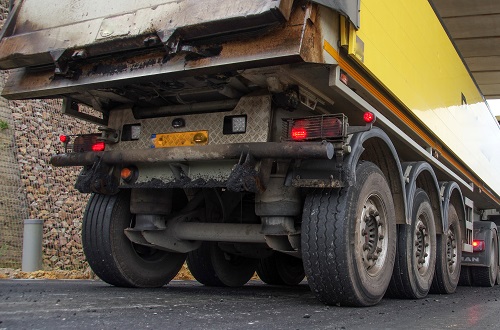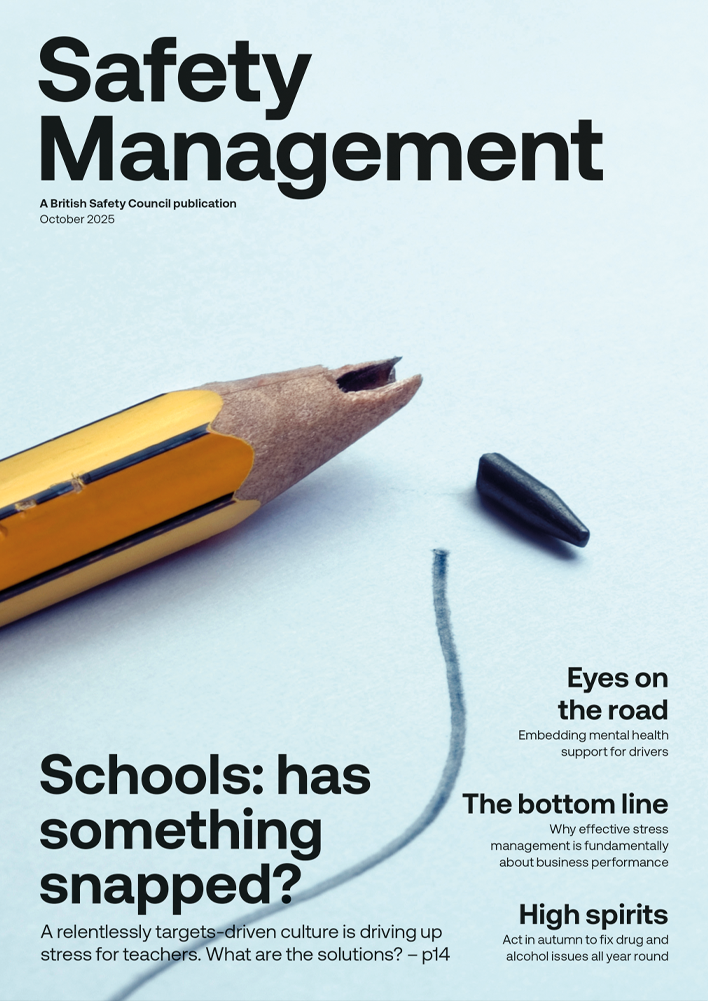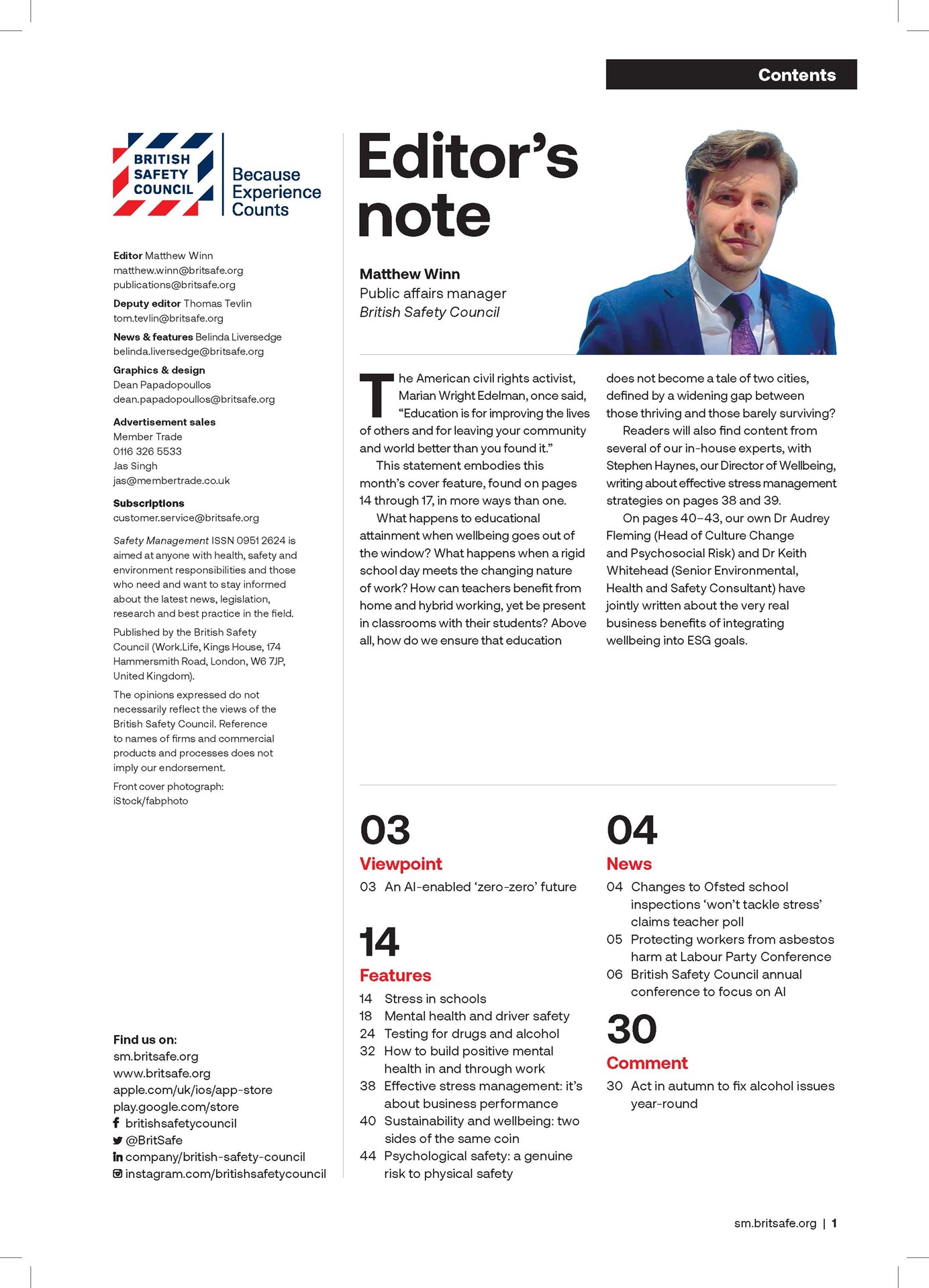The government has rejected recommendations to remove all asbestos from public and commercial buildings within a timeframe of 40 years.
News
Government refuses to support asbestos removal plan
In its report, published in April, the Work and Pensions Committee highlighted how despite asbestos being banned more than two decades ago, the material remains in around 300,000 non-domestic buildings. There were more than 5,000 asbestos-related deaths in 2019, including from cancers such as mesothelioma.
Stephen Timms MP, chair of the Committee, said that setting a target for asbestos removal was essential as part of a new strategy: “This strategy should prioritise the highest-risk buildings and urgently boost the evidence base for the safe removal and disposal of a material that is still the single greatest cause of work-related fatalities in the country.”
 Critics accuse the government of 'looking the other way' on the asbestos problem. Photograph: iStock
Critics accuse the government of 'looking the other way' on the asbestos problem. Photograph: iStock
In its response, the government said: “GB currently has a mature and comprehensive plan to managing legacy asbestos risks.”
It said owners of public buildings are already required to plan for safe removal of asbestos where necessary.
Thompsons Solicitors deals with people whose lives have been tragically cut short by asbestos exposure.
Tony Hood, its national head of asbestos strategy, called the government’s dismissal of the DWP Inquiry “an insult to each and every one of them”.
“Unfortunately, despite asbestos being the biggest industrial killer in the UK, rather than seizing the opportunity to bring about real change or inject any meaningful new funding, the government has chosen to look the other way, and the tragic result will be more unnecessary deaths and more grieving families.”
Other proposals were for HSE to create a central register of asbestos in public buildings, describing its location and type, starting with schools and hospitals. In the response, HSE dismissed the idea because it would duplicate the work dutyholders should already be doing.
Government response to asbestos management report here
NEWS

Top jobs in safety in greatest demand right now, says recruiter
By Belinda Liversedge on 29 October 2025
Senior safety professionals who can influence culture, lead transformation, and align health and safety with wider business goals are in growing demand by employers, the recruiter Irwin & Colton have said.

HSE inspectors target Manchester construction sites as part of health drive
By Belinda Liversedge on 28 October 2025
HSE inspectors made a series of proactive inspections last week in Manchester city centre to tackle ill-health on construction sites.

Headline fines highlight common errors in reversing
By Belinda Liversedge on 24 October 2025
Reversing incidents have come into sharp focus in recent months, says HSE with two high profile fines totalling £3.5 million for the death of two workers.



